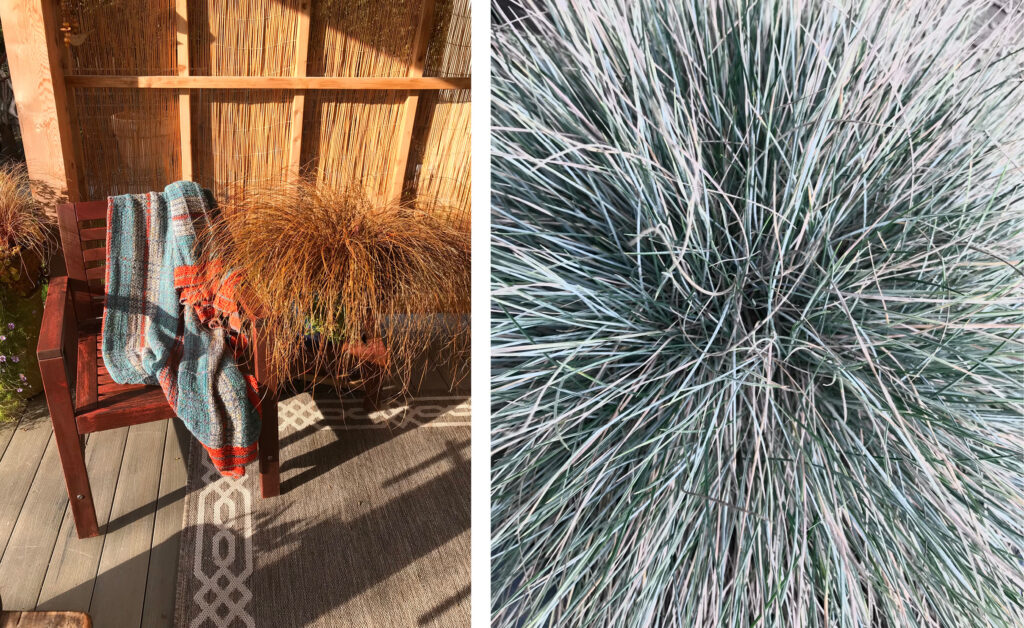by Yvonne Bulk, Patio Gardens –
Gardening brings joy to our lives, and is a great way to savour summer and get physical activity; however, it can also contribute to aches, pains and strains, particularly for people living with conditions affecting their joints, mobility, and energy. Don’t let that keep you from the pleasures of the garden. Here are some tips from an occupational therapist to help you stay active and safe in the garden.
Lifting: Be it moving mulch, transporting tools or clearing debris, lifting incorrectly can be problematic. When lifting, face the object, bend your knees, and use your leg strength to lift. Reduce strain by dividing materials into smaller chunks. For example, dump some soil into a cart so you needn’t lift the whole load at once. When choosing a cart, consider having one with two wheels instead of a wheelbarrow, which can be very unstable.
Tools and equipment: Choosing the right ones can help reduce fatigue and strain. Padded and curved handles place less stress on your wrists, fingers, and hands; clippers with spring-action self-opening features are helpful, especially if you have arthritis in your hands; a foldable kneeler seat will help protect your knees and back; a lightweight self-coiling hose is an excellent watering solution.
Design: Important for the look, and function! Position thirsty plants near your water source. Raised beds are a great option: they allow you to avoid extended time bent over reaching for your plants and enable easier access for wheelchair users. They also keep out some animals and facilitate drainage.
Plant choice: Consider how much maintenance will be required. Perennials allow you to avoid replanting yearly and groundcover, such as thyme, looks nice and keeps weeds to a minimum.
Protection: Safety first! Wear UV protection for skin and eyes. Sunglasses should be worn, even on overcast days. Large-brimmed hats, long sleeves, pants, and sunscreen help protect your skin from harmful rays, abrasions, and bug-bites. Keeping your tools carefully sharpened will help avoid injury due to slipping tools.
Pacing: Just starting out? Take it in steps. Start with a small garden and build on your successes. Take mini-breaks at least every 30 minutes. Rotate through different tasks to avoid overstressing particular joints or muscles. Know your limits and stop before exhaustion.
Avoid: Twisting and reaching, bending with your back, awkward postures, gripping tools tightly for a long time, prolonged hunching or kneeling and staying in one position for an extended period.
For more information email yvonne@patiogardens.ca.




